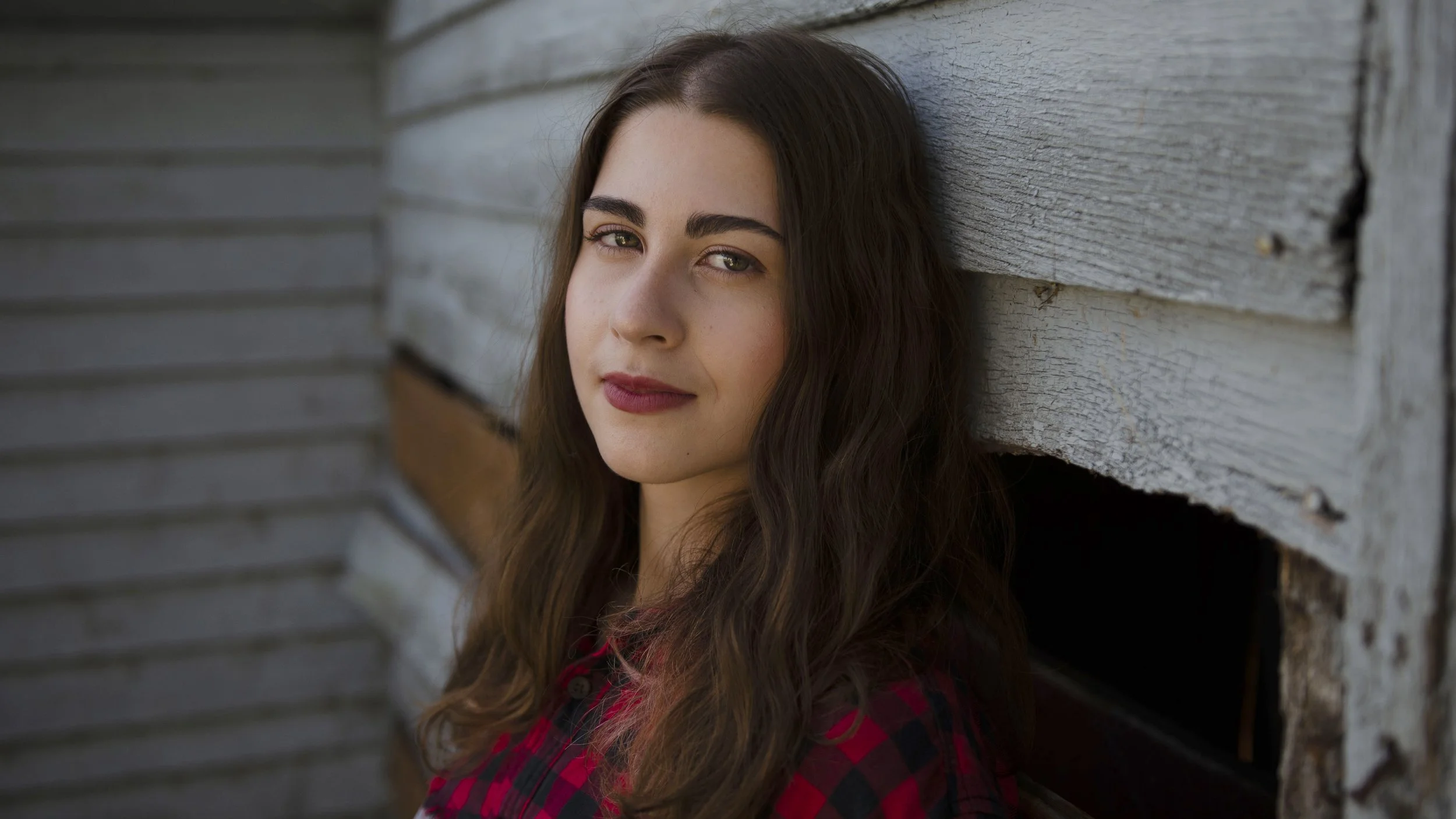On the Other End of Translation
After Kaveh Akbar’s “Reading Farrokhzad in a Pandemic”
By Elina Katrin
My jiddo’s smile is a purple fig
sliced open.
Poor video chat connection doesn’t stop
him from telling me, anti helwa,
and I see that to him I am pretty
despite dead pixels and distance.
#
Syria – Russia – America
In a three-way call my father loses track
of languages, and in this orchard of words
I can’t harvest enough Arabic phrases.
Here: ana ohebek.
Here: mechtektlak kthyr.
I can’t scrape off the hardened glue
of Arabic from the tip of my tongue,
can’t pull out the rope of right words
stuck down my throat.
#
أتمنى أن أعيش حتى اليوم الذي أراك فيه شخصيًا
Я надеюсь, я доживу до того дня, когда увижу тебя лично.
I hope I live till the day I see you in person.
My jiddo says. My father translates. I translate.
I am at loss.
#
My jiddo knows the feeling like the weight
of ripe fruit on his farmer’s palm.
His wife, my teta, dead four months ago.
Sons refugeed in a foreign land.
His brothers killed, some jailed.
The loss is stuck to his unstable teeth,
sealed in calluses on his fingers,
pressed against his abdomen,
a burst appendix.
So much of the fig is seeds.
So much of his smile is gone.
#
My jiddo is as soft as an old plum, as sincere
as a tear when he says
أتمنى أن أعيش حتى اليوم الذي أراك فيه شخصيًا
These words might be wrong.
I can’t read Arabic. I can’t write.
Google Translate reduces all Arabic dialects
into one language selection, and this choice
is the one I have to trust.
#
Ya Allah, let there be room to feel in a language
without speaking it.
Here: ana ohebek.
Here: mechtektlak kthyr.
Take these words. Enhance their meaning.
Multiply. Multiply.
Born to a Syrian father and a Russian mother in St. Petersburg, Russia, Elina Katrin currently resides in Appalachia. She holds an MFA in Creative Writing from Hollins University, and her poetry has appeared in New World Writing, The American Journal of Poetry, The Emerson Review, and elsewhere.


